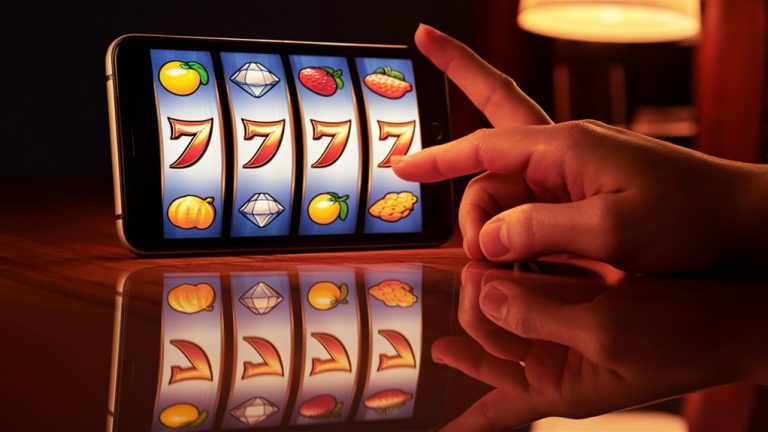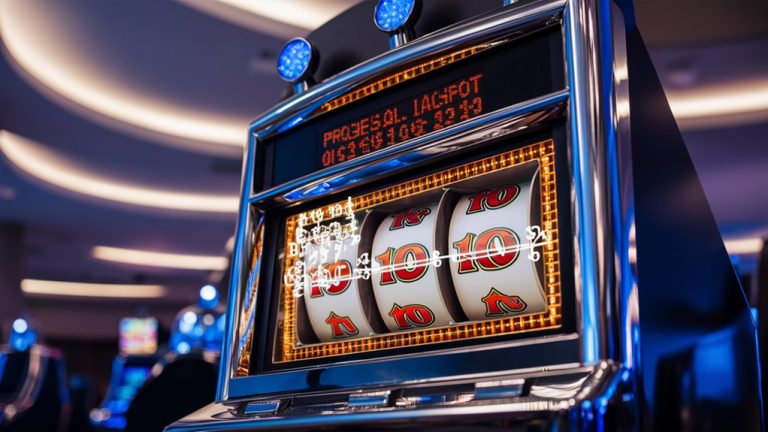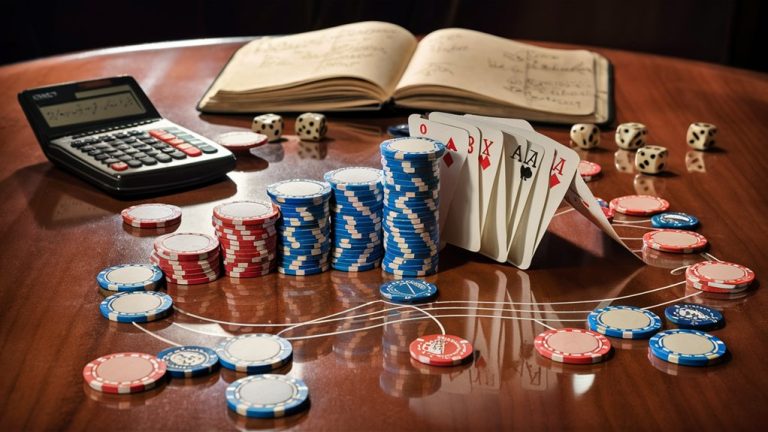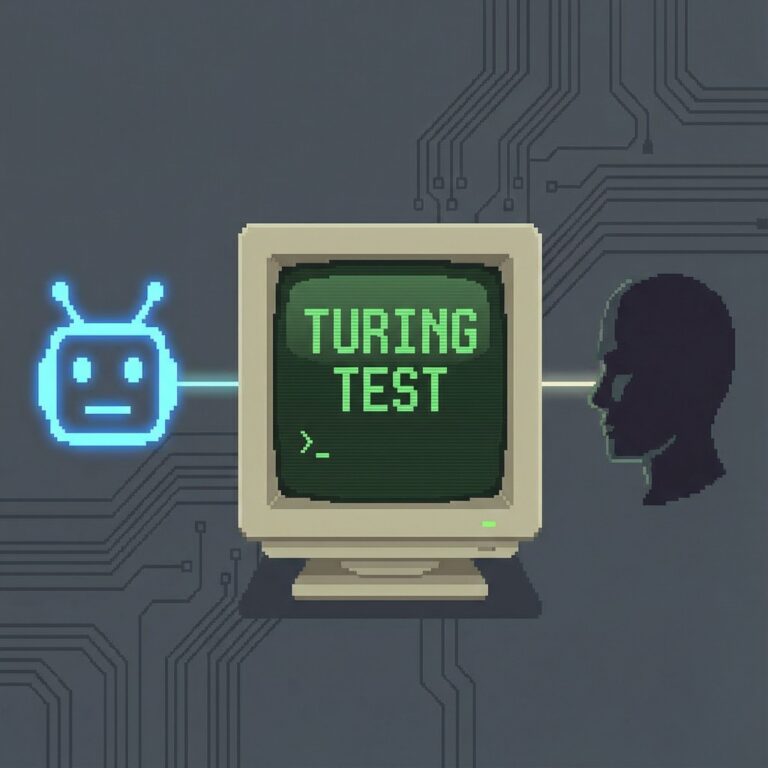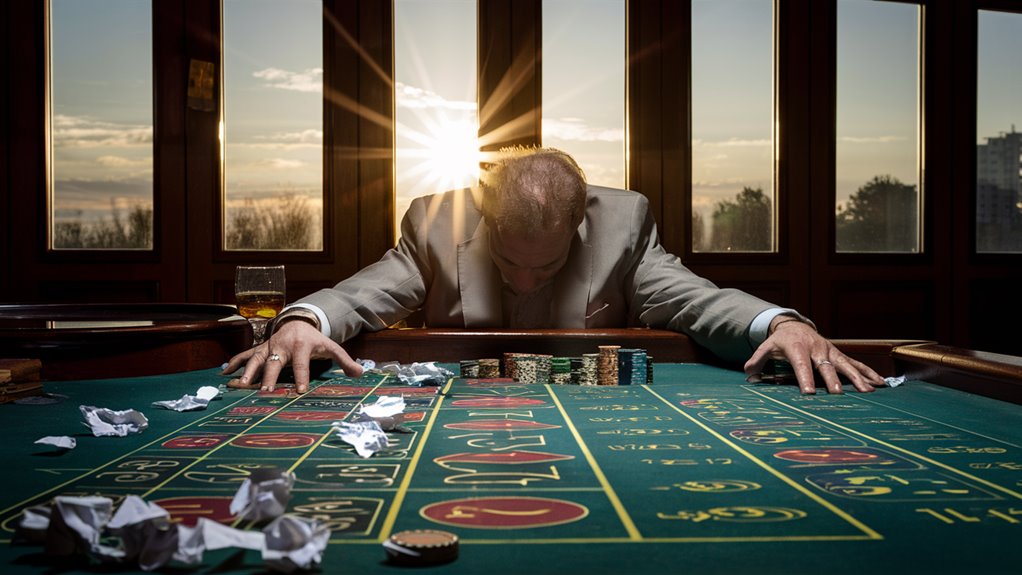
The Impact of Winning and Losing in Gambling
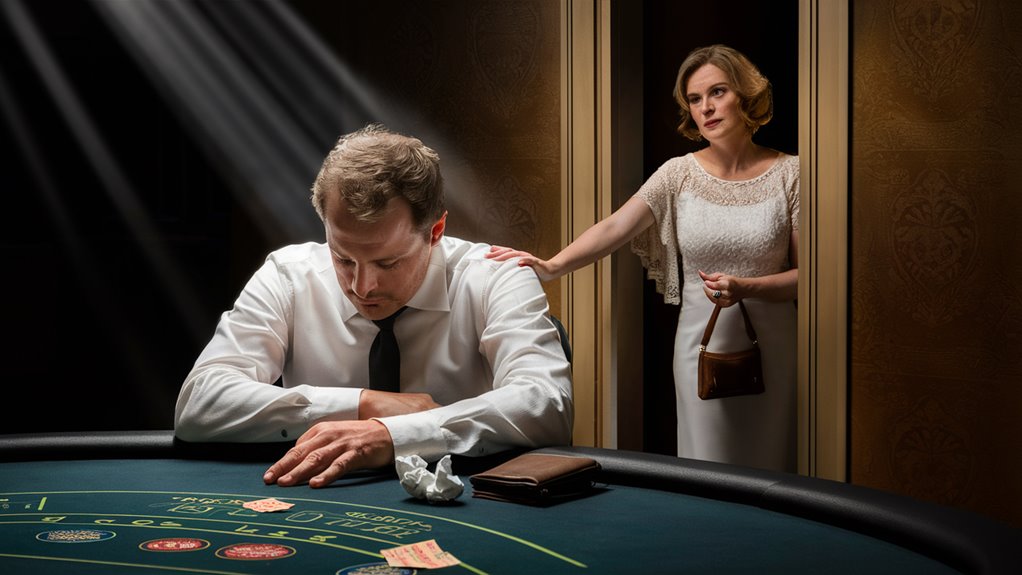
How the Brain Reacts to Gambling
The brain parts involved in gambling cause big mental effects via a complex reward system in the brain. When gambling, dopamine levels go up high during both waiting for the result and winning moments. This is like the brain reaction to basic rewards and drugs. The activity of the nucleus accumbens is key here, shaping how we make choices and gauge risk.
Brain Changes and Actions
Changes in the brain due to gambling can lead to different behaviors over time. The brain starts to seek more gambling-like events, often needing bigger bets to feel the same high. This change in the reward system leads to riskier actions and possibly addiction.
Long-Term Mental Effects
The long reach of gambling on the brain goes beyond just losing money. These changes can last and change: 온카스터디 안전업체 보기
- How we make choices
- How we control feelings
- Our relationships with others
- How we look at risks
- How we react to rewards
The link between brain chemicals and behavior shows why gambling changes how we think and feel for a long time.
The Brain’s Pleasure Path and Gambling: A Brain View
Understanding the Brain Part in Gambling
The brain’s pleasure path reacts a lot to gambling through many brain steps. Dopamine acts strongly in both the wait and win times, with the nucleus accumbens – the pleasure spot in the brain – letting out dopamine in ways like those from food, love, and drugs.
How Unsure Outcomes Drive Us
Brain studies show that not knowing the result is a big push in gambling. Imaging of the brain shows that dopamine gets high during waiting times more than at actual wins. This shows why almost wins make us react so much – they turn on the same brain paths as real wins but don’t give a real prize.
Random Wins and Addiction Paths
Random win plans make very strong brain links in the pleasure area. This brain trick shows why games with unsure prize times, like slot machines, are often more addictive than other gambling ways. The brain gets more tuned to gambling hints, making strong brain paths that keep up the want to keep betting. This notable sensitivity in the reward system makes stopping gambling harder as time goes on.
Main Brain Bits
- Dopamine jump during wait and wins
- Nucleus accumbens activity patterns
- Brain path growth with more playing
- Reward system bends to gambling hints
Understanding Feelings in Gambling
The Ups and Downs in Gambling Feelings
The feel of gambling stirs up a tough mix of moods, marked by big ups and downs. When playing, gamblers go through quick changes from high joy to deep sadness, all driven by the unsure wins and losses. These mood swings show up as big body reactions, like fast heartbeats, more stress hormones, and high alert states.
How Waiting Plays with Our Feelings
Waiting excitement is a key driver in gambling, turning on the brain’s reward parts by letting out dopamine even before actual wins. The almost win effect comes off strong in how we feel, where near hits make us feel like real wins, keeping up the gambling act despite losses.
Impact of Wins vs. Losses on Our Moods
Studies show that bad gambling results hit our feelings harder and longer than good outcomes. This uneven emotional effect is key in growing problem gambling acts, especially in chasing losses. The stress from losses keeps winning over the joy from wins, making a loop that pushes more gambling despite growing money risks.
Main Body Reactions When Gambling:
- Faster heart rate in tense moments
- Higher stress hormone affecting mood
- Stronger alert states shaping choices
- Dopamine jump during waits
- Stress hormone change after losses
Understanding Choices and Risk Calls in Gambling
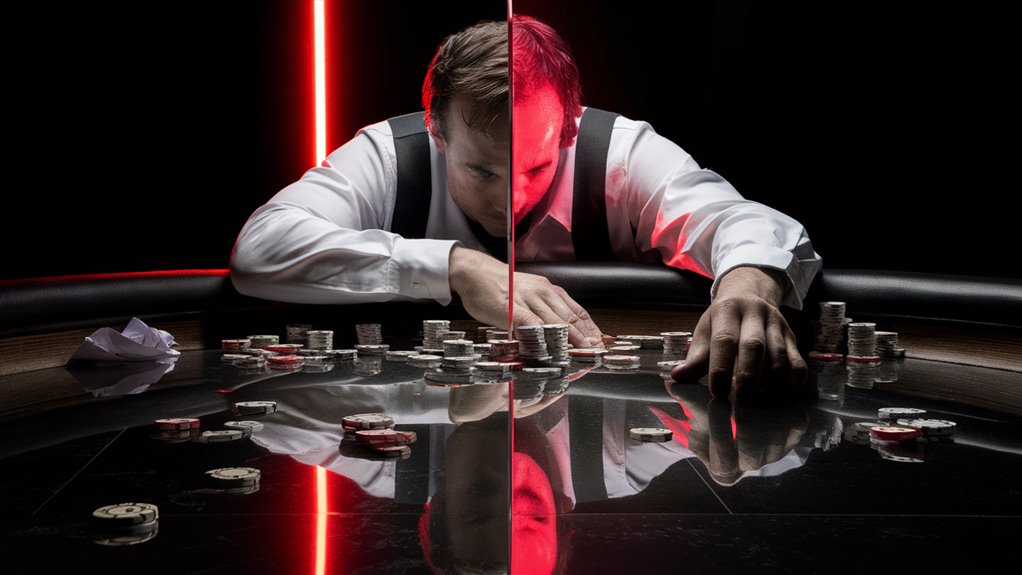
The Mind Work of Gambling Choices
The feel mix in gambling deeply sways how we check risks and make decisions. When playing, the brain’s happy system turning on can really mess up clear thinking and looking at chances right. This brain reaction leads to hot state decision-making, where feelings beat logic.
Impact of Wins and Losses on Risk Acts
Weak points in decision-making show up big during times of winning a lot or losing a lot. During times of win, players often show the belief in a hot hand, leading to:
- Thinking they will keep winning
- Not seeing the possible bad outcomes
- Big bets growing
On the other hand, losses push chase acts, marked by:
- Being okay with more risk
- Poor choices
- More dangerous betting
Thinking Mistakes in Gambling
The gambler’s mistake is a key wrong thought twist affecting how we see risks. This thinking problem shows through:
- Wrong takes on chances
- False links between past and future wins
- Keeping up gambling despite big losses
Getting these mind tricks is key in seeing how they change gambling acts and risk calls. The mix of feelings and choices makes a complex base that molds betting ways and risk checks.
Lasting Moves in Gambling
Lasting Brain Shifts
Often playing shapes lasting changes in both brain form and work after the game time ends. The brain’s pleasure path changes a lot with more gambling, really moving how we make choices and feel.
Dopamine System Shifts
The brain’s dopamine pleasure system gets less alert to both gambling and other happy events with more play. This brain change process needs bigger or riskier game plays to feel the same high. This leads to what we call risk becoming normal, where bets that seemed too much before now seem okay.
How We Think Changes
How We Judge Chance Changes
Often playing leads to big moves in how we think, mainly in how we judge chances. Regular gamblers often think like this:
- They see wins as more likely
- They see losing as less likely
- They use this risky thinking on other choices too
Things That Pull Us
Focus mistakes come up as a lasting effect, where hints about gambling stand out more and pull stronger. This brain rewiring touches both the reward and decision parts, making controlled gambling or stopping very hard.
How Gambling Hits Our Close Ones
Breaking Trust and Close Ties
Problem gambling breaks down relationships by deeply hurting trust between gamblers and those close to them. Addictive betting acts create bad waves through marriages, friendships, and family ties. When people keep breaking promises, take money without asking, or lie about their gambling, they shake the trust that good relationships need.
Money Trouble in Families
Money worries from gambling hurt home peace and family happiness. When money for daily needs goes to gambling, it brings big fights and stress between partners. Kids in homes hurt by gambling often feel left out and unstable, maybe leading to attachment problems and high chances of carrying on gambling acts like their elders. Flickerflash Blackjack: Exploding Fleeting Dealer Tics Into Splitting Fireworks
Staying Away and Hard Recovery
The deepening of a gambling habit often means pulling away from people and missing big family times and duties. This habit of staying away builds a bad loop with less support making it hard to get better, while feelings of shame about gambling block fixing broken ties.
Signs to Watch in Relationships
- Broken trust through sneaky acts
- Money problems changing home life
- Pulling back from family
- Missing promises and social outings
- Talk going bad between partners
